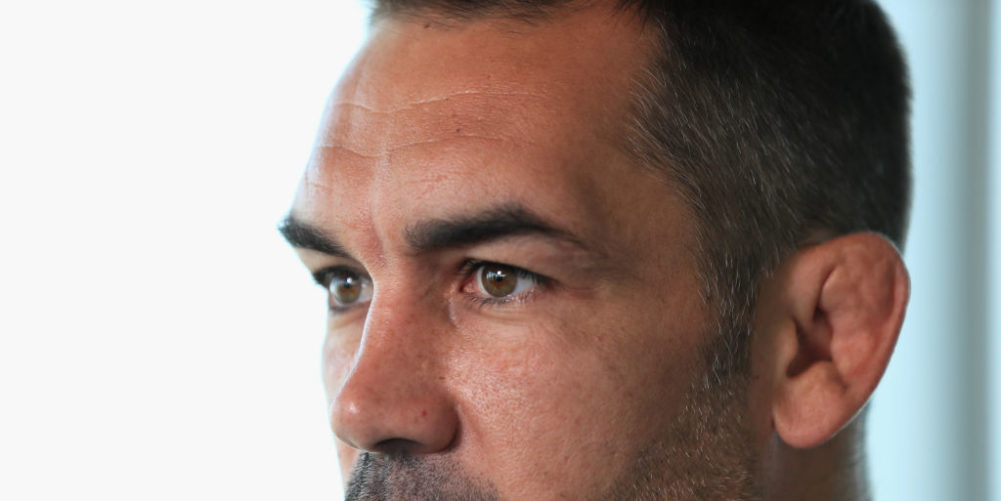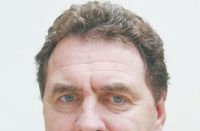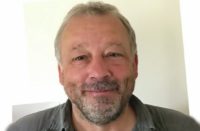THERE is a temptation to think that any new director of rugby, like Alex Sanderson at Sale Sharks, will have all the time he needs to get everything he wants to across.
The reality is that it rarely happens. For instance, his former coaching colleague at Saracens, Paul Gustard, had only been at Harlequins for one and a half seasons as head of rugby before he left this week.
Most new coaches do not know how long they have, because there are so many moving parts to the job. They inherit a culture, which is very often linked to the length of time the previous coach was at the club, and with ...
Continue reading...

Access all our premium content from as little as 14p per day!
Already a subscriber to our website? Login



























